Countries Whose Names differ from Those Mentioned on the World Map
This post may contain affiliate links. As an Amazon Associate, we earn from qualifying purchases.
The names of countries and regions we see on the world map don’t always coincide with the original names given to them by the peoples settling in this land. The map below shows such countries.
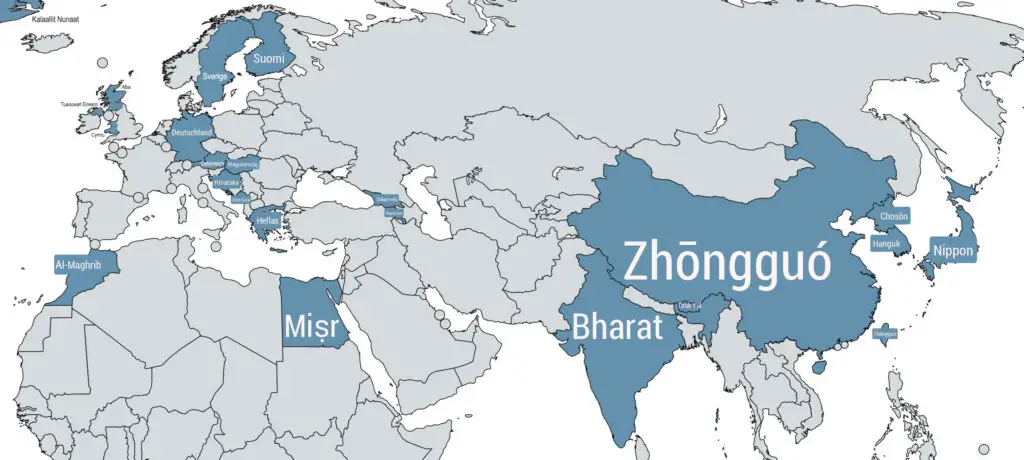
Alba (Scotland) in Gaelic, the word ‘Alba’ is based on the Indo-European root for ‘white.’ Perhaps this name occurred because of the white cliffs of Dover. Therefore, the ancient Greeks, and after them, the Romans, called the entire Great Britain island as Albion. Later the name was related only to the territory of contemporary Scotland.
The English word ‘Scotland’ emanated from the Greek word ‘skotos’ meaning ‘darkness, gloom,’ and the tribes that inhabited this land were called ‘skot.’
Al-Maghrib (Morocco) means ‘the west’ in Arabic. The term emanated in the days of Islam’s significant expansion. The English name Morocco comes from Marruecos, an early Spanish pronunciation for Marrakesh.
Bharat (India) originates from the Sanskrit term ‘Bharata,’ which stands for ‘Agni,’ meaning fire. Bharat was one of India’s famous emperors, the son of Dushyant and Shakuntala.
Choson (North Korea) was borrowed from the Joseon Dynasty. It’s the longest-ruling dynasty in Korea’s history. Joseon then renamed itself ‘Daehan Jeguk’ which means The Han Empire. ‘Han’ relates to the three Han kingdoms in Korea.
Crna Gora (Montenegro) means ‘black mountain’ in Montenegrin, which is Slavic; ‘Montenegro’ means ‘black mountain’ in Italian.
Deutschland (Germany), initially ‘diutisciu’ land (‘the German lands’) is derived from Deutsch (cf. Dutch), descended from Old High German ‘diutisc’ ‘of the people’ (from ‘diot’ or ‘diota’ ‘people’), previously used to distinguish the language of the ordinary people from Latin and its Romance descendants.
Druk Yul (Bhutan) means ‘Land of the Thunder Dragon,’ and it only started to open up to foreigners in the 1970s. Since 1907, the Wangchuck hereditary monarchy has held power over the country.
‘Hanguk’ (South Korea) is another word used to refer to Korea. The ‘kuk’ in ‘han-guk’ comes from a Chinese character signifying ‘country’ or ‘nation’, thus the term “Hanguk” can be read as ‘the country of the Han’.
Hayastan (Armenia) originated from the name of the ancient tribal union of Hayasa. Nowadays Armenian word ‘հայ’ (‘hay’) means ‘Armenian’ while the Persian suffix ‘ستان’ (‘stan’) means ‘land of.’
Hellas (Greece): Etymology of the country’s name from ancient Greek (‘Hellas’ ‘Greece’), from prefix – (el-ελ ‘sun, bright, shiny,’ (‘elios’, ‘sun’)) + (‘las-λας’ ‘rock, stone’). Literally, ‘The land of the sun and the rock.’ Later, ‘Greece’ was adopted by the Romans (as the Latin word ‘Graecus’).
Hrvatska (Croatia) – Horvat is the people’s name, and Croats themselves called their land ‘Horvatska’, meaning Croatian.
Kalaallit Nunaat (Greenland) in the indigenous Greenlandic language means ‘land of the Kalaallit.’ The Kalaallit is the indigenous Greenlandic Inuit people who settle in the country’s western region. The name Greenland was designed by the Norwegian-born Icelander Erik the Red. By doing this, he desired to attract as many new settlers as possible, although the northern island with a harsh climate can barely be called green.
Misr (Egypt) is an Arabic name that means ‘country,’ and part of the practice of this term as a name for Egypt comes from the Islamic Quran. The word can also mean ‘fortress’ or ‘castellated,’ which refers to the natural defensive borders of Egypt, which protected the land from invaders.
Nippon (Japan) literally means ‘the sun’s origin’, that is, where the sun originates, and is often translated as the ‘Land of the Rising Sun’. In imperial correspondence with the Chinese Sui Dynasty, this term refers to Japan’s position in relation to China on the eastern side of the Asian continent.
Österreich (Austria) – the country’s name comes from the ancient German word Ostarrîchi translated as ‘Eastern State’. The name “Austria” is the Latinized version of the country’s original name. It became the cause for a bit of confusion. In German, ‘ ost’ means “east,” and ‘auster’ in Latin means ‘south.’
Sakartvelo (Georgia), meaning ‘Land of the Kartvelian People.’ The ethnonym ‘Kartveli’ created in the first millennium B.C. is derived from ‘Kartu,’ a name of the old Kartvelian tribe.
Sverige (Sweden) combines the words ‘Svea’ and ‘rike’, which literally means ‘realm of the Swedes.’
Suomi (Finland) comes from the word ‘suomaa’, which means ‘swampland’ in Finnish. The southwestern part of the nation is home to many lakes, which could have looked like swampland to foreigners.
Magyarország (Hungary), emanated from Magyars, likely refers to the most influential Hungarian tribe known as the ‘Megyer. ‘ King Stephen I (997-1038) dominated various tribes, implementing Christianity and eventually establishing the Hungarian state.
Tuaisceart Éireann (Northern Ireland), in the Irish language, the country’s name means ‘island to the north.’
Cymru (Wales) comes from the word ‘combrogi,’ meaning ‘fellow countrymen.’ The English words ‘Wales’ and ‘Welsh’ derive from the same Old English root, a descendant of Proto-Germanic Walhaz, which itself emanated from the name of the Gaulish people who dwelled on this land.
Zhongguo (China) literally means ‘central state,’ giving rise to the poetic sobriquet ‘Middle Kingdom.’

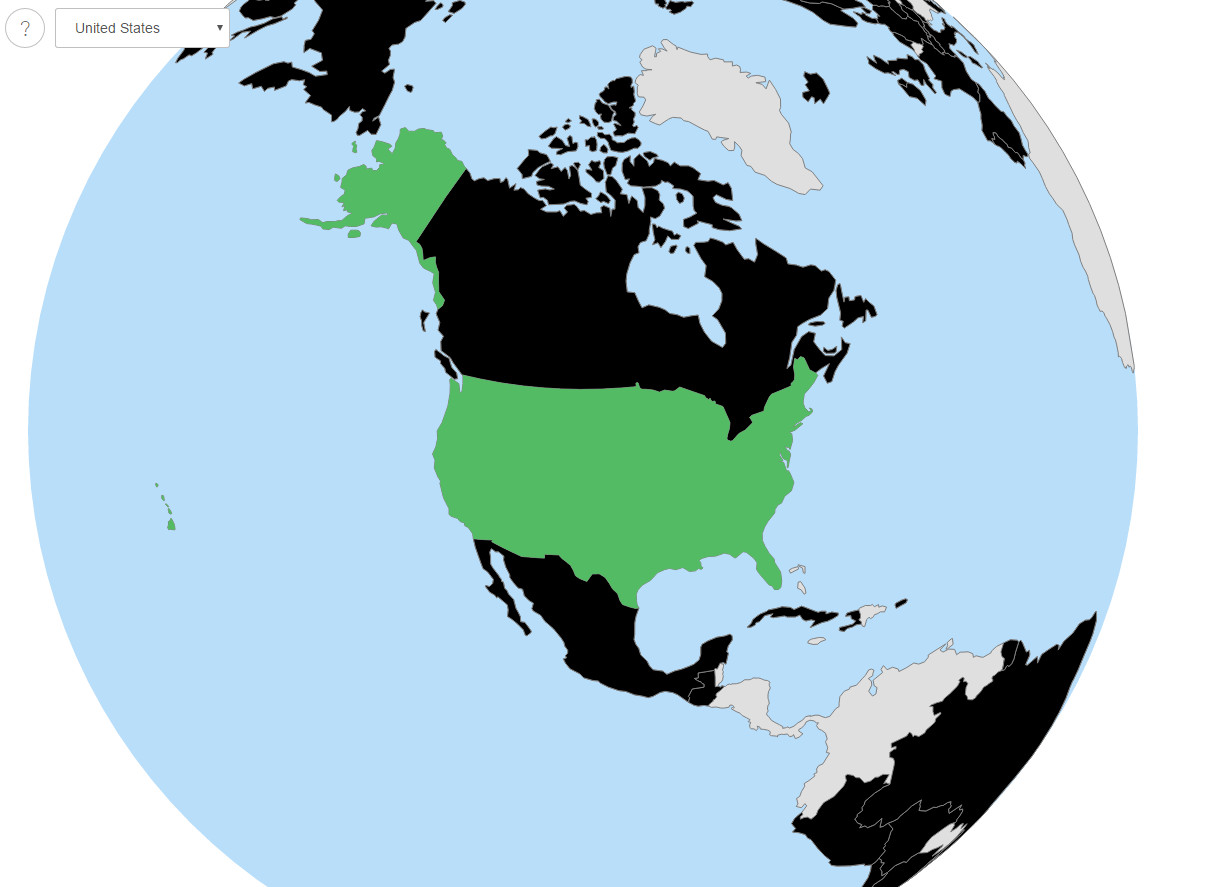


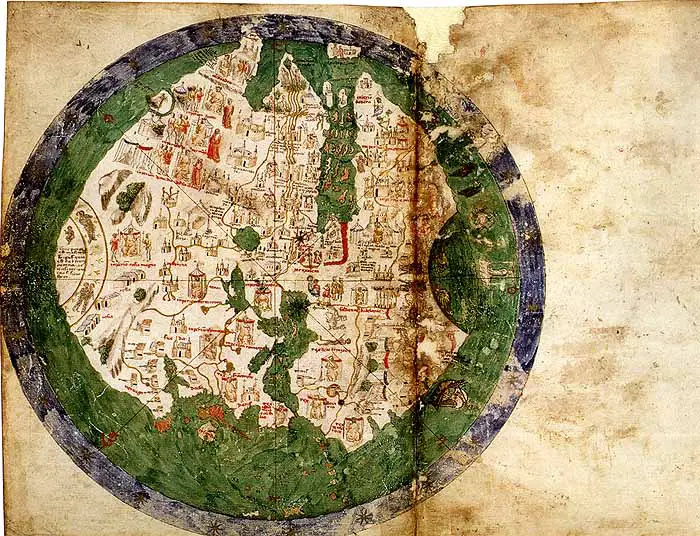
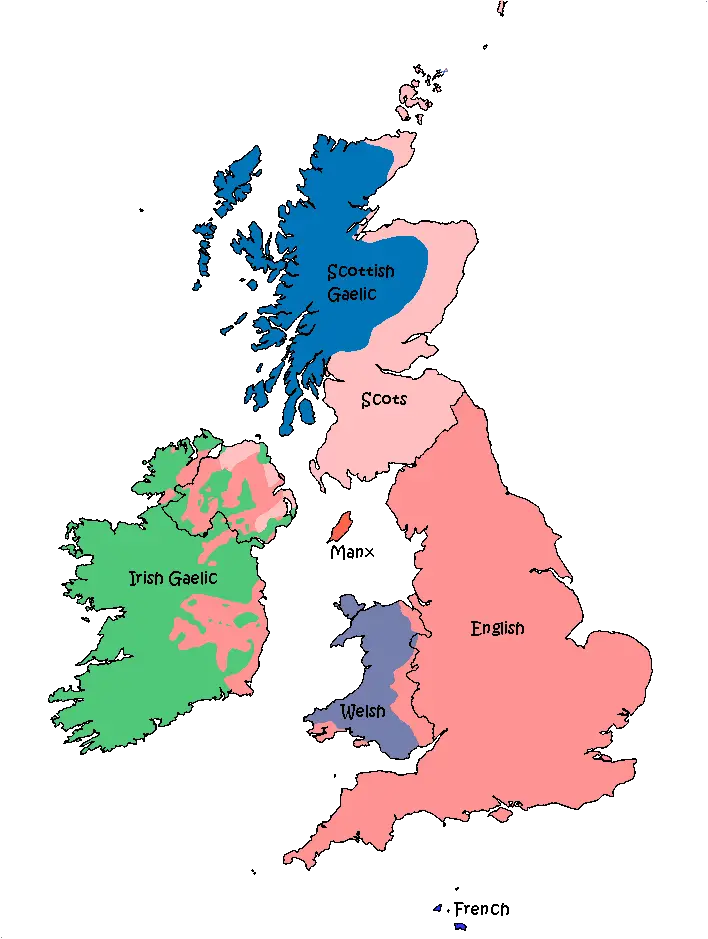
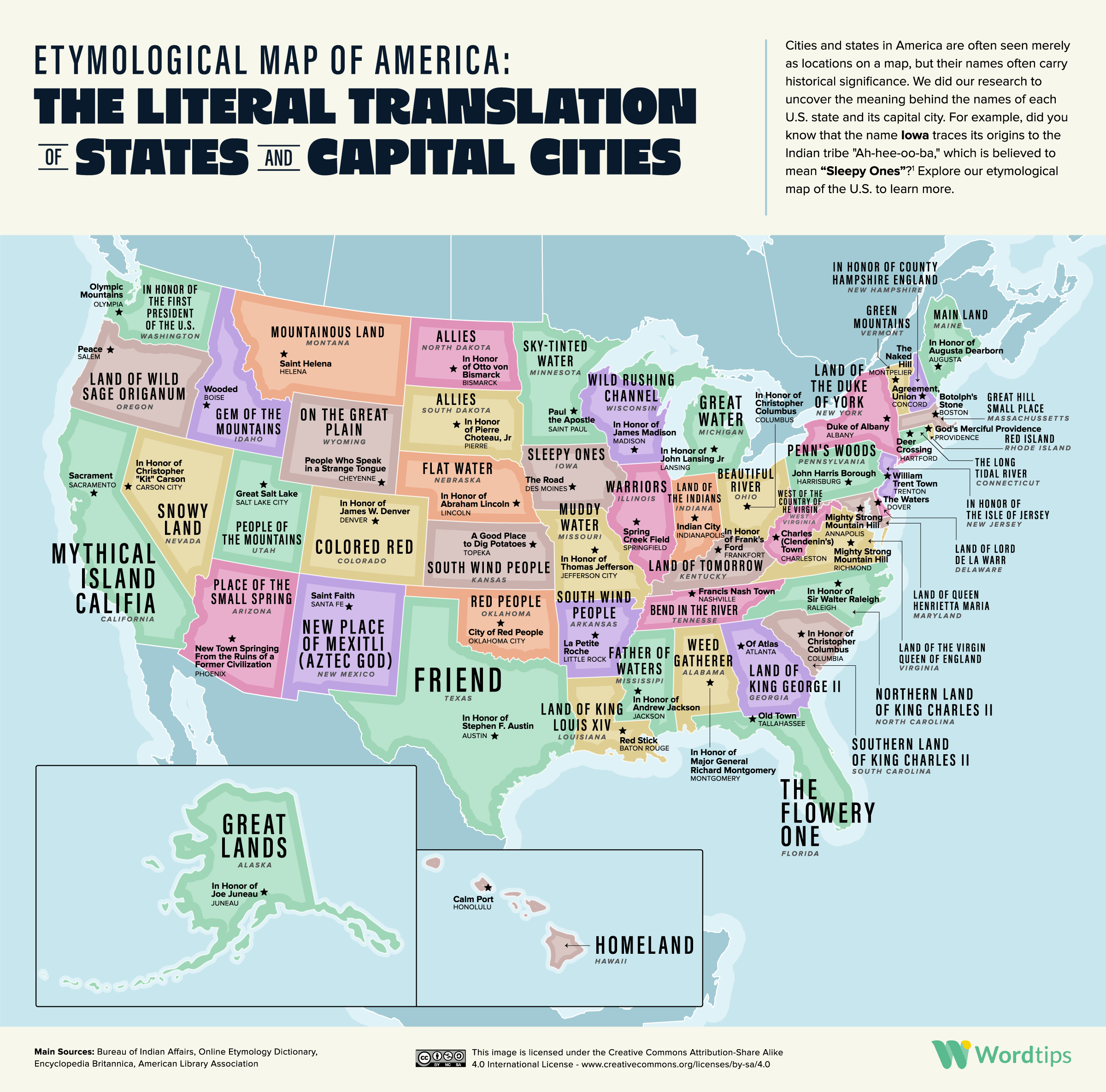


Suisse